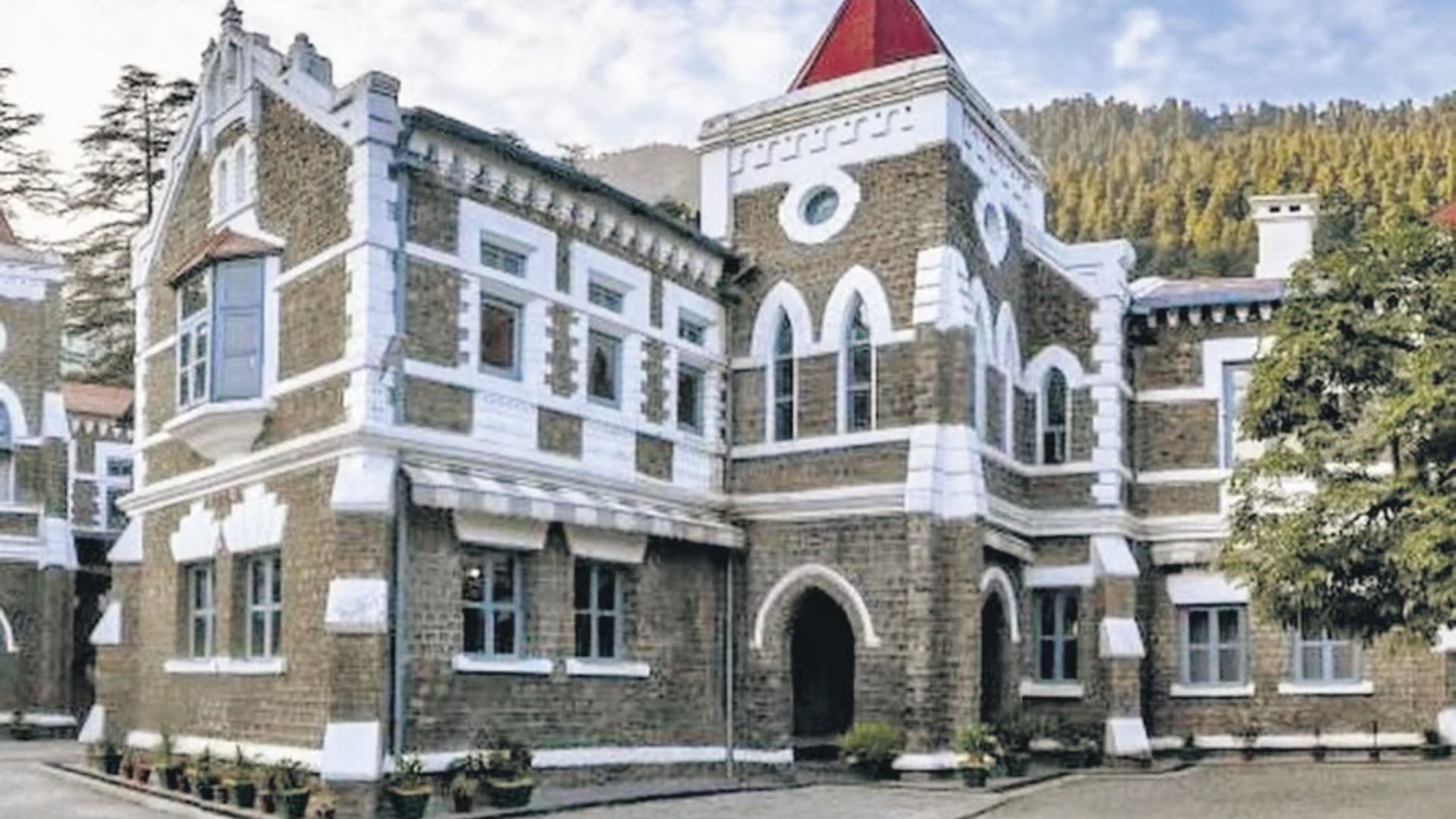New Delhi: The Uttarakhand High Court in adjudicating petitions contesting the Reservation Rules 2024 promulgated for the impending municipal elections, has mandated the state government to file a reply affidavit within a period of 4 weeks.
Justice Rakesh Thapliyal, presiding over a single-judge bench, refrained from issuing any interim relief following the initial hearing.
The petitioners advanced the argument that the reservation notification had been promulgated in contravention of established procedural norms. They further asserted that the election schedule was promulgated on the same evening as the reservation notification, thereby precluding any opportunity for stakeholders to submit objections.
As stipulated by existing regulations, there exists a formal mechanism for raising objections subsequent to the issuance of reservation notifications—a procedural safeguard that, according to the petitioners, was disregarded by both the state administration and the Election Commission.
A salient contention raised by the petitioners pertained to the demographic criteria underpinning seat reservation. The petition emphasized that constituencies with an OBC and ST population below the threshold of 10,000 ought not to have been designated as reserved.
In contrast, constituencies with comparatively larger OBC and ST populations should have been accorded reservation priority. Specific reference was made to Almora, which purportedly has a lower concentration of OBC and ST populations and, thus, should not have been designated a reserved seat. Conversely, constituencies such as Dehradun and Haldwani, characterized by higher demographic representation of these groups, warranted reservation.
In response, the state government contended that the reservation roster had been meticulously devised in compliance with the provisions enshrined in the Uttarakhand (Uttar Pradesh Nagar Palika Act, 1916) Amendment Act, which was formally promulgated on September 20, 2023. The government further invoked Article 243T of the Constitution of India, which delineates the statutory framework governing the reservation of seats in municipal bodies, as the basis for its actions.
Moreover, the state government maintained that the petition, in its present form, lacked legal sustainability and should have been instituted as an election petition post-election. This procedural objection was posited as a fundamental ground for the dismissal of the case.
The High Court has slated the subsequent hearing for March 3. Meanwhile, the municipal elections, encompassing 11 municipal corporations, 43 municipal councils, and 46 nagar panchayats, are scheduled to be conducted on January 23. The counting of votes will ensue on January 25.
This litigation brings to the fore critical issues pertaining to the procedural integrity of the reservation mechanism in local governance.

